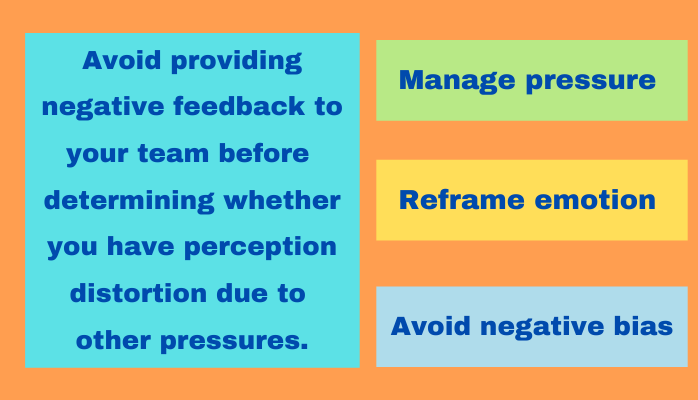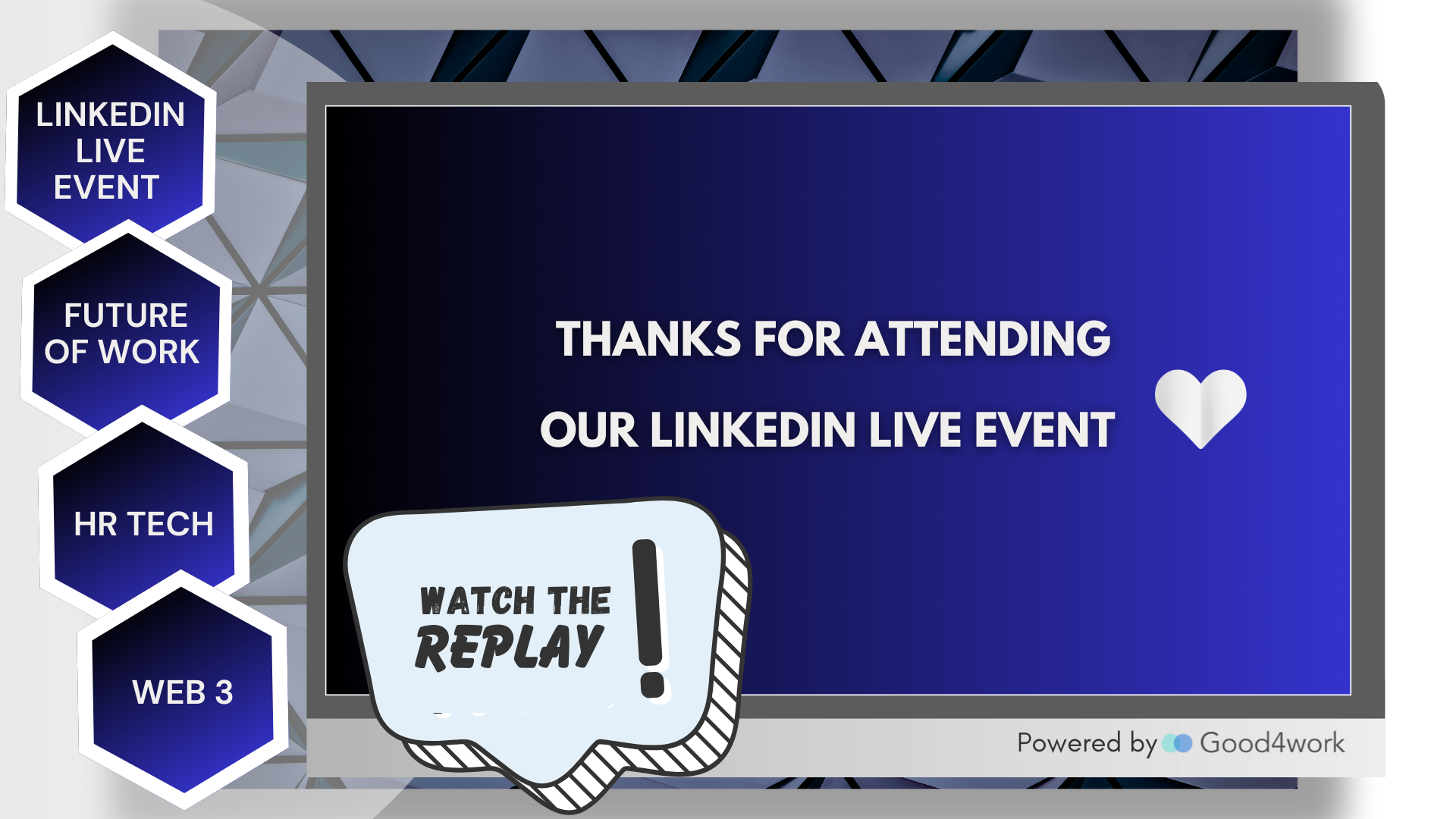We usually love being on track with our plans, and the least we can say is that a global pandemic is a significant obstacle to moving them forward. We are stuck if we don’t adjust to the new environment, and it’s forcing us to get out of our comfort zone.
No choice but to improve our emotional intelligence by reframing our emotions.
Have you ever counted how many new decisions we have to make in a single day of this new world?
We are becoming permanent problem solvers in both our personal and professional lives: how to do errands, meet with friends and family, work and live in the same space, set up the online school, teach your kids you can’t control WiFi issues, among many others life-use-cases. Any new event is a challenge and drains energy because we have to make more and more decisions.
The result?
We are becoming tired of too many simultaneous choices. And all the professional decisions come on top of everything. Our brain tends to be overwhelmed, and as leaders, we need to be extra careful and slow down to decide for people-matters.
If you have a reactive personality and cumulate with the hyper-achiever syndrome as I do, you are even more in the red zone. Turn on your warnings before slowing down, think of activating your rational brain as a machine, and ask for help or advice whenever a doubt arises.
You also want to avoid providing negative feedback to your team before determining whether you have perception distortion due to other pressures. Just wait, read Slack messages or corporate emails twice until you make sure you haven’t missed a word or a sentence. Or read them later the following day if needed.
There are multiple techniques to reframe emotions.
But I believe the most effective one is the simplest and the most respectful to our human nature. It consists of giving the benefit of the doubt. Leaders can feature this powerful behavior expectation in a team contract to avoid negative biases leading to misinterpretations. It also enables an excellent coaching posture by favoring growth discussion instead of using blame as a starting point.


